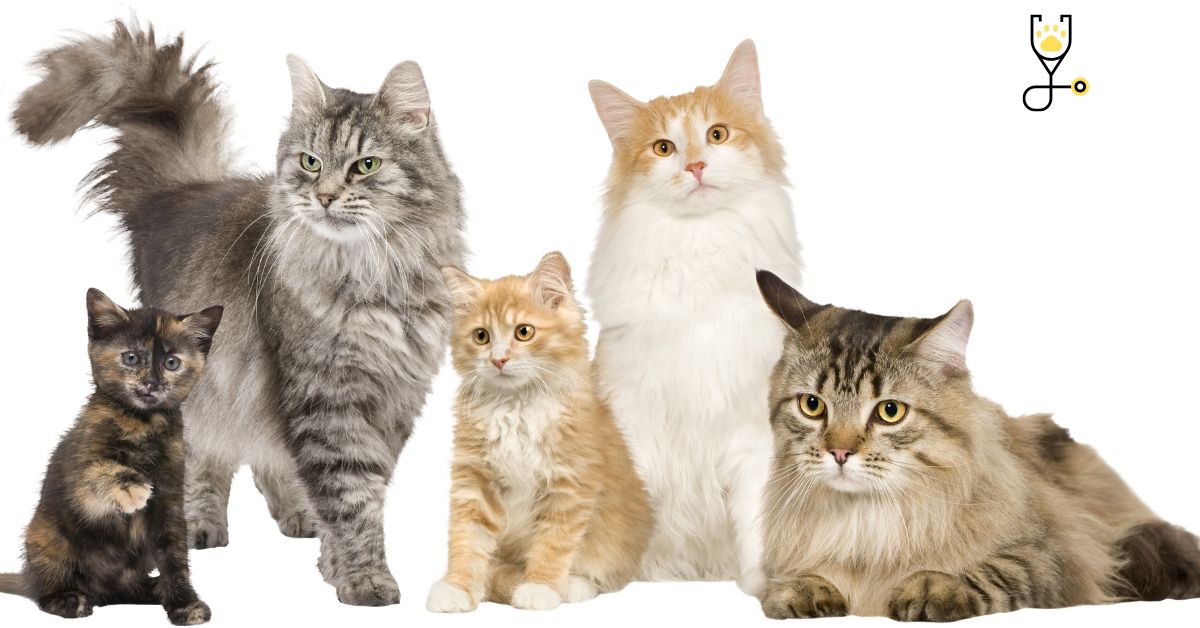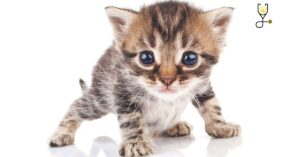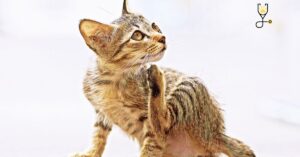Determining a cat’s personality can be difficult, as they are often very independent animals. However, research has shown that a cat’s color may have an impact on its personality traits. For example, cats with darker fur are typically seen as being more aloof and independent, while those with lighter fur are typically friendlier and more engaging. This information can be helpful for both new and experienced cat owners in understanding their pet’s personality. Veterinarians may also find it useful when counseling cat owners on which type of feline would best suit their lifestyle. So, next time you’re looking at adopting or purchasing a new kitty friend, keep their coat color in mind!
Scientific Research on the Impact of Cat’s Color on Personality Traits
Over the past several decades, researchers have conducted numerous studies looking at the impact of a cat’s color on personality traits. While these findings are not conclusive and more research is needed, initial results indicate that cats with darker fur tend to be more independent and aloof, while those with lighter fur are typically friendlier and more engaging.
One study published in the journal “Psychological Reports” analyzed survey responses from over 1,400 participants who owned or worked closely with a cat. The researchers found that respondents felt that black cats were less likely to engage in social interactions than cats of other colors. In addition, they also scored lower on cat IQ tests, which is believed to be related to their lack of sociability.
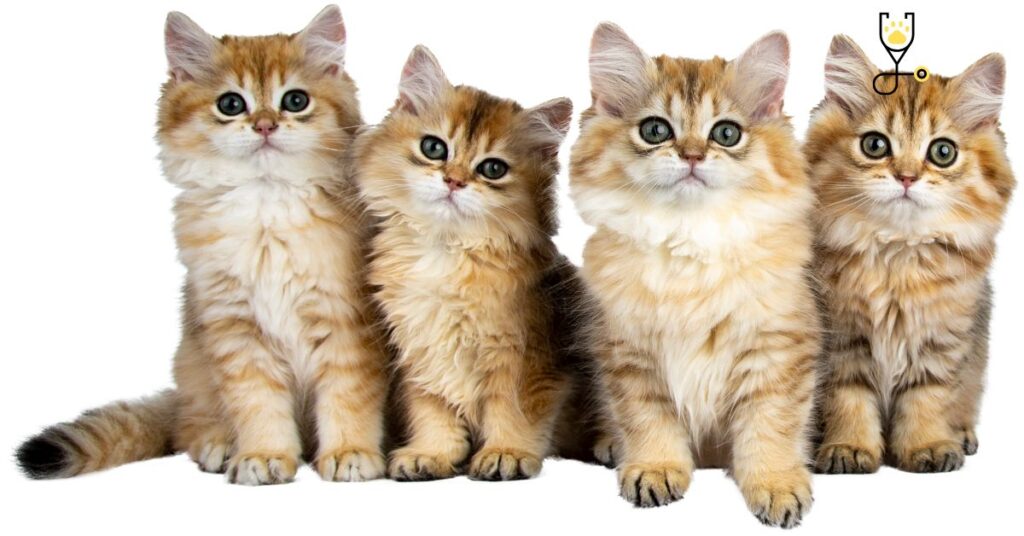
Cats’ temperament According to the journal “Behavior Genetics”
Another study, published in the journal “Behavior Genetics,” looked at the link between coat color and temperament in cats. The researchers found that:
The temperament of Cats with lighter fur
The temperament of Cats with lighter fur was more outgoing and friendly. Compared to their darker counterparts, these cats were also more likely to engage in social interactions with people, as well as play with various types of toys.
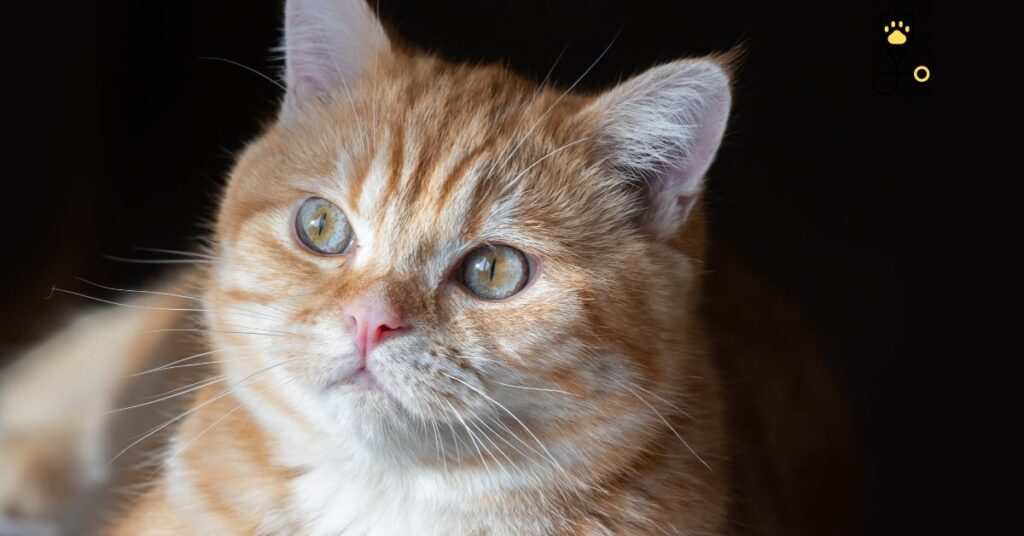
The temperament of Cats with darker fur
By contrast, the cats with darker fur were typically more aloof and shy. These cats also tended to be less social in nature, and less interested in playing with toys than their lighter counterparts.
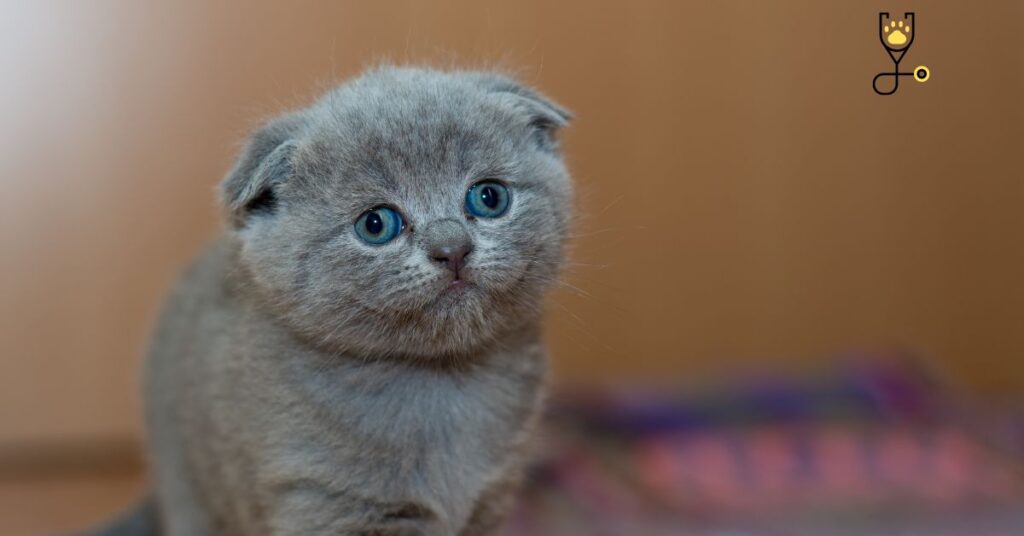
The temperament of Cats with a mix of fur colors
Finally, the researchers also found that cats with a combination of lighter and darker fur tended to have intermediate personalities. These cats were typically more playful than those with dark fur, but not as outgoing and friendly as those with lighter coats.
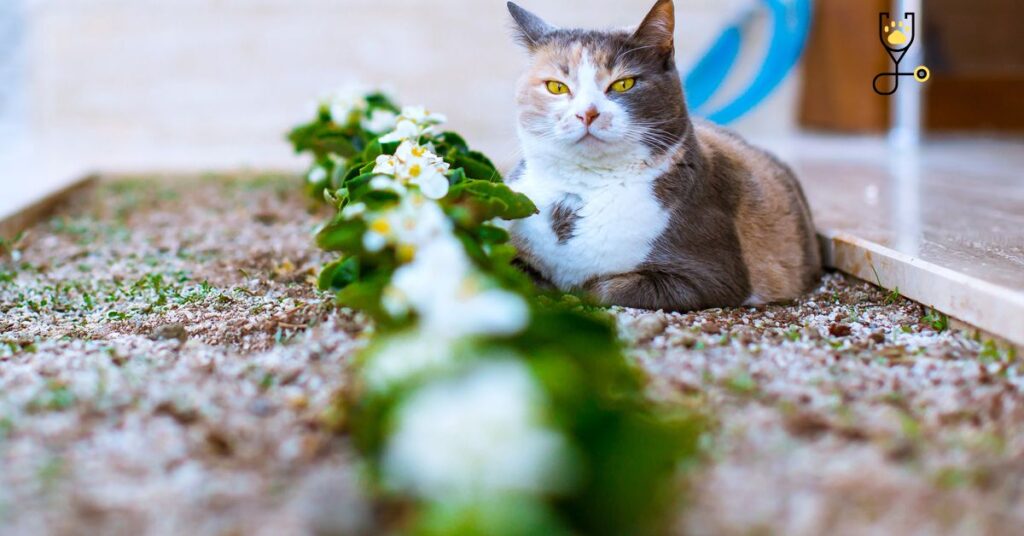
Possible explanations for these findings
While there is still much more research to be done in this area, some possible explanations for these findings may include differences in genetics, socialization, and exposure to different environments. For example, some studies have shown that cats with darker fur tend to be less active at night than those with lighter coats. This could help explain why these cats are often seen as being more aloof and independent.
Whatever the cause of these differences, it’s clear that a cat’s color can play an important role in its personality traits. So the next time you’re thinking about adopting or purchasing a new feline companion, consider taking their fur color into account!
Conclusion
Overall, research suggests that cats’ color may have an impact on their personality traits, with darker-coated cats typically seen as being more aloof and independent. This information can be helpful for both new and experienced cat owners in understanding their pet’s personality. Veterinarians may also find it useful when counseling cat owners on which type of feline would best suit their lifestyle. So if you’re looking to adopt or purchase a new kitty friend, keep their coat color in mind!
Frequently asked questions
Some possible explanations for the differences in cat color and personality may include differences in genetics, socialization, and exposure to different environments. Other potential factors could include differences in activity levels and sleep patterns between cats with different coat colors.
One option is to consider your own personality as well as any specific needs or interests you have when it comes to a pet. For example, if you’re looking for an active companion who enjoys playing with toys, a cat with lighter fur may be a good fit. Alternatively, if you prefer spending time outdoors or enjoy a quieter home environment, a darker-furred cat may be the better choice. Other considerations could include the amount of time you have to dedicate to caring for your pet, as well as any other pets or family members in your household. Ultimately, it’s best to do as much research as possible before selecting a cat that’s right for you.
Some potential strategies could include spending time bonding and playing with your cat, providing plenty of toys and enrichment items, and ensuring that it has access to a safe outdoor space or play area. Additionally, you may want to take steps to minimize loud noises or other disruptions that could cause stress in your cat as it transitions into its new home. A qualified pet behaviorist can also provide advice on how best to help your cat settle into its new surroundings.
In addition to considering your cat’s fur color, it can also be helpful to do some research on its breed and any specific physical or behavioral traits that may be associated with that breed. Additionally, it’s important to consider the amount of time you’re able to dedicate to caring for your pet, as well as any other pets or family members who may be sharing your home. By doing thorough research before bringing a new pet into your life, you can help ensure that you make the best possible choice for both yourself and your feline friend.
There are a number of resources available online that provide further information on the topic of cats and their personalities. Some good examples include pet care websites, cat behavior experts, and scientific studies focusing on feline psychology. Additionally, many animal shelters offer resources and training to help prepare prospective adopters in choosing the right pet for their lifestyle. Whatever your needs or preferences may be, there is sure to be helpful guidance out there for choosing the perfect cat!

